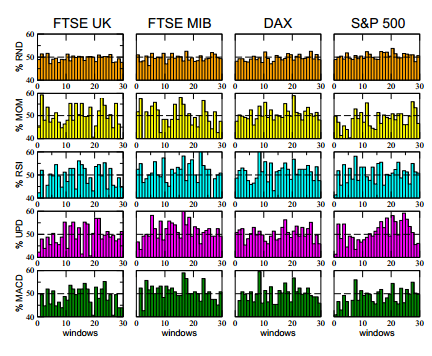- BlackBerry’s Fate is Intertwined with Its Keyboard
The ailing smartphone maker announced better-than-expected results, but still faces its most important moments ahead.
BlackBerry impressed Wall Street this morning with its first earnings report to include some sales of smartphones running BlackBerry 10, the operating system that the ailing manufacturer is counting on to save it. “Impress” is a relative term. It sold a million of these devices (6 million overall) while revenues dropped 40 percent since the previous year. Still, the Canadian company, formerly known as Research in Motion, did manage to turn a profit.
- Los Angeles Maps Electricity Use at the Block Level
- How Strong Social Ties Hinder the Spread of Rumours
- Can Small Reactors Ignite a Nuclear Renaissance?
Small reactors have some benefits, but they won’t make nuclear as cheap as natural gas.
Small, modular nuclear reactor designs could be relatively cheap to build and safe to operate, and there’s plenty of corporate and government momentum behind a push to develop and license them. But will they be able to offer power cheap enough to compete with natural gas? And will they really help revive the moribund nuclear industry in the United States?
- Gut Microbes Could Help Us Lose Weight
- Volvo Demos a Nifty Cyclist Detection System
By tracking moving objects, Volvo’s system could help prevent accidents.
Cyclists and drivers have been sworn enemies for as long as anyone can remember. Biking around Boston means dodging opening car doors, swerving around potholes, and enduring incomprehensible abuse from permanently enraged taxi drivers. Driving the same streets in a car, meanwhile, involves keeping one eye peeled for cyclists who run red lights, weave through traffic, and generally seem hell-bent on injuring themselves. A clever new system from Volvo could perhaps help thaw relations between these natural roadway foes.
- The Dawn of Genome Trolling
Digest powered by RSS Digest








